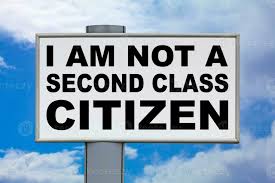During the COVID-19 pandemic, millions of people who chose not to receive the vaccine found themselves treated as second-class citizens in societies that once prided themselves on freedom and equality. Governments, media outlets, and major corporations imposed vaccine mandates and passports, effectively segregating the unvaccinated from public life. People were barred from restaurants, theaters, airplanes, and even their workplaces, creating a two-tiered system based not on merit or morality, but on medical conformity.
Public discourse became increasingly hostile toward those who declined vaccination. Politicians and pundits labeled them “irresponsible,” “selfish,” or even “dangerous,” fueling social ostracism and discrimination. Friendships, families, and communities were divided as fear replaced empathy and coercion replaced choice.
Comedians like Jim Breuer and commentators such as Dave Smith have since reflected on this era, calling it a “litmus test” for humanity — a revealing moment that showed who would stand by principles of freedom and tolerance, and who would sacrifice them for the illusion of safety. The pandemic, they argue, exposed deep cracks in society’s commitment to individual rights and critical thinking.
In hindsight, many are beginning to question whether the moral panic and government overreach of that time were justified. For the unvaccinated, the experience remains a stark reminder that civil liberties are fragile — and that true equality means defending the rights of all, even those who choose a different path.
